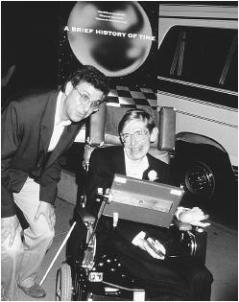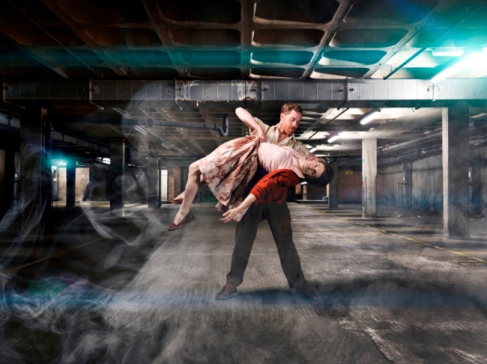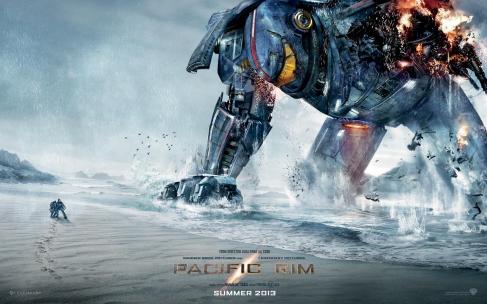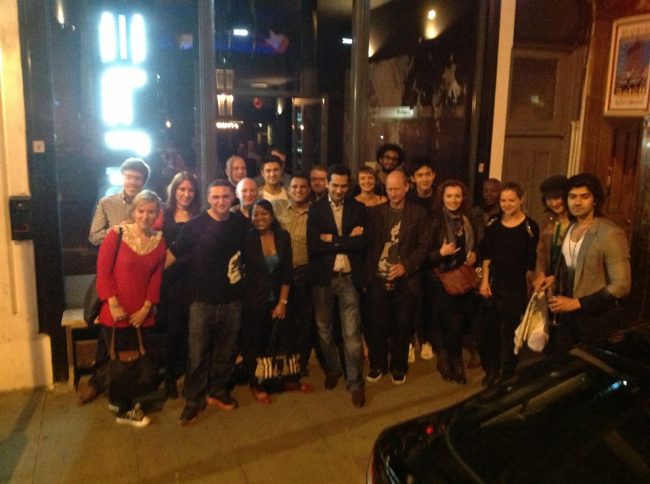
Stephen Hawking enjoys his 65th birthday present: a zero gravity flight on a modified plane owned by the Zero Gravity Corp.
The paralysed cosmologist Stephen Hawking has already been played by Benedict Cumberbatch on screen, and will be followed next year by fellow “hunk who thunk” Eddie Redmayne in The Theory of Everything. Before that, though, is Hawking, a documentary to be released on September 20, which reveals how very nearly none of this happened.
According to today’s Sunday Times, Hawking says in the new film that doctors recommended switching off his life-support back in 1985. He had only just been commissioned to write A Brief History of Time, the book which went on to sell ten million copies and made him so famous he has guested on The Simpsons five times, and the three weeks of intensive care that followed after his wife refused to let him die robbed him of what little remained of his speech. He wrote the book by raising his eyebrows to select letters on a computer program.
By 1991, when I met him on set of Errol Morris’s excellent documentary, he wrote and “spoke” through his voice synthesizer by twitching one finger on a toggle on his wheelchair. I’d known of Hawking for several years before he became globally famous. My elder brother studied Maths at King’s College, and he had pointed out to me the wheelchair ramps which made Cambridge the most disabled-friendly city in the world – built to facilitate Hawking’s passage from college to college.
I also read A Brief History of Time when it came out in 1988 – yes, from cover to cover. The first part is a very accessible overview of the history of physics and cosmology. The final part is a little hard to follow, though fascinating – especially for the Big Crunch theory, which is that at some point in the future there will be a reverse Big Bang, sending all matter hurtling back towards the single point from which it began: travelling backwards through time as well as space, so that at some point, untold billions of years from now, I will be alive again, and typing in the words of this blog, except in reverse; starting from the final sentence, deleting and deleting until I am left with nothing; then I will regurgitate my breakfast, get into bed, and sleep until Saturday night.
I will fondly watch my children grow younger and smaller and in greater need of my care. Having regressed to babies, one day they will be gone, but I will not be sad, it will be as if they never were. I will join The Times, leave it for AOL, then be appointed Editor of Time Out a few months after the chimes of Big Ben count down the historic twelve bongs from the 21st century into the 20th, then after a series of steadily less assured covers I will be moved into the less stressful roles of Deputy Editor, then Chief Sub Editor, then Sub Editor; I will go to Oxford university where I will spend carefree days with the former mother of my vanished children until, one day, we will see each other for one last coffee and part forever, without bitterness or regret.
I will go to school in Winchester; then emigrate to Canada to play in the snow; finally a confused and inchoate period of sleeping and crying and feeding and waking and being cradled in my parents’ arms, my father no longer dead but young and vigorous and beardless so that his bristly cheek would sandpaper over mine, until one day, I would simply… cease to be.
I wanted to talk to Stephen Hawking about all this when I met him and Errol Morris on set (right), but the great man typed his sentences so painfully slowly that it was impossible to do much more than say hello. I noticed that, despite this, he still said “please” and “thank you” to everyone he dealt with, a courtesy that, for him, must have been important as every syllable cost him dear.
Watching him, I became obsessed with a thought, a truly terrible thought. Hawking was working, and is working still, on the Grand Unified Theory that will unite the contradictory worlds of Physics and Quantum Physics – “and then,” says he, “we will know the mind of God.”
What if, I thought, the motor neurone disease that paralyses him should progress so far that he loses even this small movement of the finger that, in 1992, enabled him to communicate? It’s all too close. These days, he says in the forthcoming film, he can only write and “speak” by flexing a single muscle in his cheek. One day soon he may lose even that movement. Kept alive, mechanically, for years after, his mind, floating free of earthly concerns, may finally solve the great riddle of science, the secret of life itself – and he will be unable to communicate this greatest of all discoveries to the world.
What will that be like? To apprehend the secrets of the universe but, imprisoned in his cage of flesh and bone, be able to do nothing, say nothing?
Perhaps he’d go mad and become God, like the intelligent bomb with the existential crisis in John Carpenter’s brilliant 1974 black comedy, Dark Star: “In the beginning, there was darkness. And the darkness was without form, and void. And in addition to the darkness there was also me. And I moved upon the face of the darkness. And I saw that I was alone…
“Let there be light.”









